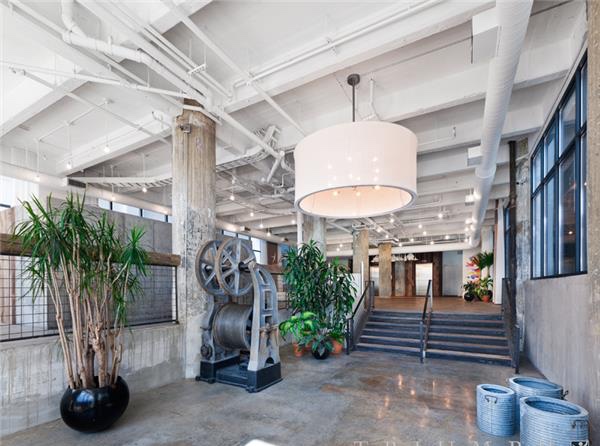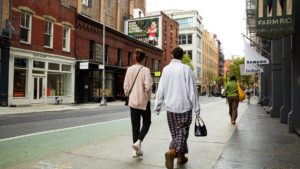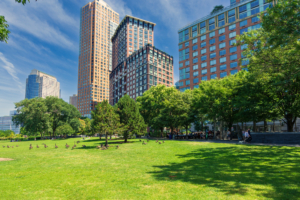
New York City abounds with new luxury rentals, from swanky high-rises to trendy factory or church conversions. While you may be prepared to spend slightly more on rent, there are several hidden costs to be aware of when choosing your luxury apartment:
Hidden Cost 1: High Electric Bills
Unlike older buildings that tend to have a central gas line, many modern developments rely exclusively on electric utilities. This can result in hefty heating bills in the winter, especially in poorly insulated buildings such as converted factories and churches. If you notice that each room has its own heating/cooling unit, this should raise a red flag. Keep in mind that electric stoves, dishwashers, and in-unit washer-dryers also mean higher electric bills. Consider asking your prospective landlord or a current tenant what a typical monthly electric bill costs. This will prevent you from being blindsided after you’ve already moved in.
Hidden Cost 2: No Closets
Some luxury apartments sacrifice practicality for aesthetics. For example, many factory-converted units boast spacious open-floor plan layouts and high ceilings, yet have no closets or storage space to speak of. Though this detail is easily overlooked, try not to be distracted by the shiny surfaces. Unless you are an extreme minimalist, no closets means more money spent on armoires and dressers for your clothes, and potentially renting a storage unit for items that cannot be stowed in the apartment.
Hidden Cost 3: Fees for Amenities
Many luxury buildings advertise appealing amenities such as a gym, pool, roof deck, and lounge. However, access to these facilities is not always included in the cost of rent. Before you sign a lease and start planning your next pool party, make sure to inquire about any additional fees associated with the amenities. You may find out that a gym membership in the building is more than what you pay at your normal gym!
Hidden Cost 4: Rent Increases
Many new developments offer attractive first-year incentives, such as one-month free rent or no broker fee. However, these landlords often hike up the rent when it’s time to re-sign the lease. If you are planning to stay in your apartment longer than one year, ask your prospective landlord about two-year lease options. By being proactive, you might be able to negotiate a better deal and avoid potential rent increases (or expensive moving costs).
Hidden Cost 5: Tipping the Building Staff
When considering splurging for an apartment in a fully-staffed luxury building, keep in mind that it is standard practice to tip the doormen, supers, concierges, and maintenance staff who service the building. Of course, tipping is not mandatory and can vary depending on building size, relationships with staff and your own financial resources. That being said, many tenants do provide holiday tips of anywhere between $25 to $500 (and upwards) per person! Check out this guide to tipping the building staff.
Related:









